Events & News
Explore a timeline of our project’s journey through a series of significant events and milestones. From project launches to breakthrough discoveries, join us on a captivating journey that showcases the remarkable progress we’ve made together.
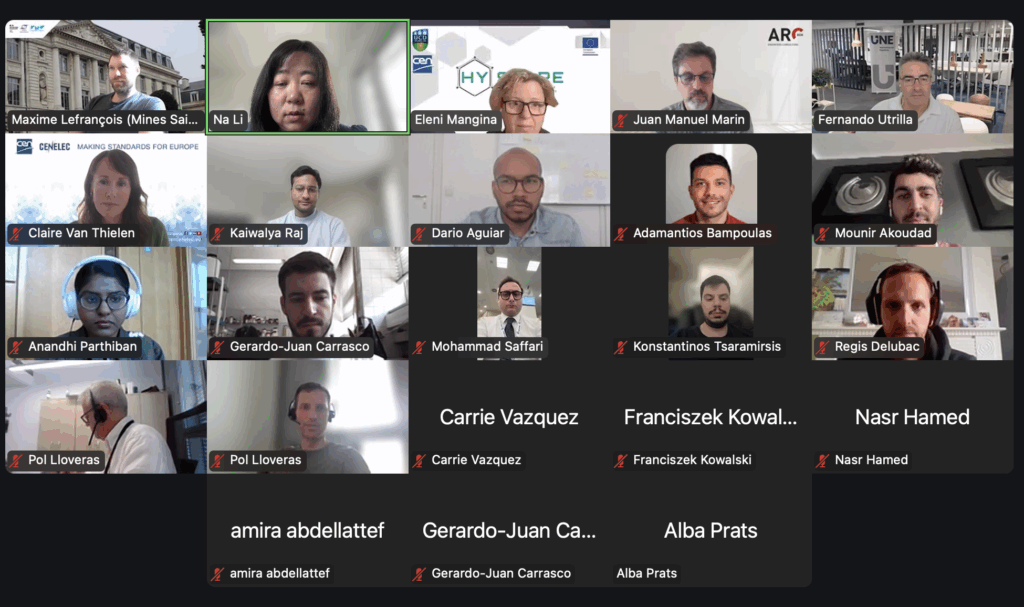
CEN and HYSTORE Workshop on Thermal Energy Storage (TES) Systems
CEN and HYSTORE Workshop: Bringing Fresh Energy to Thermal Energy Storage The kick-off meeting covered everything from electing the chair…Read more
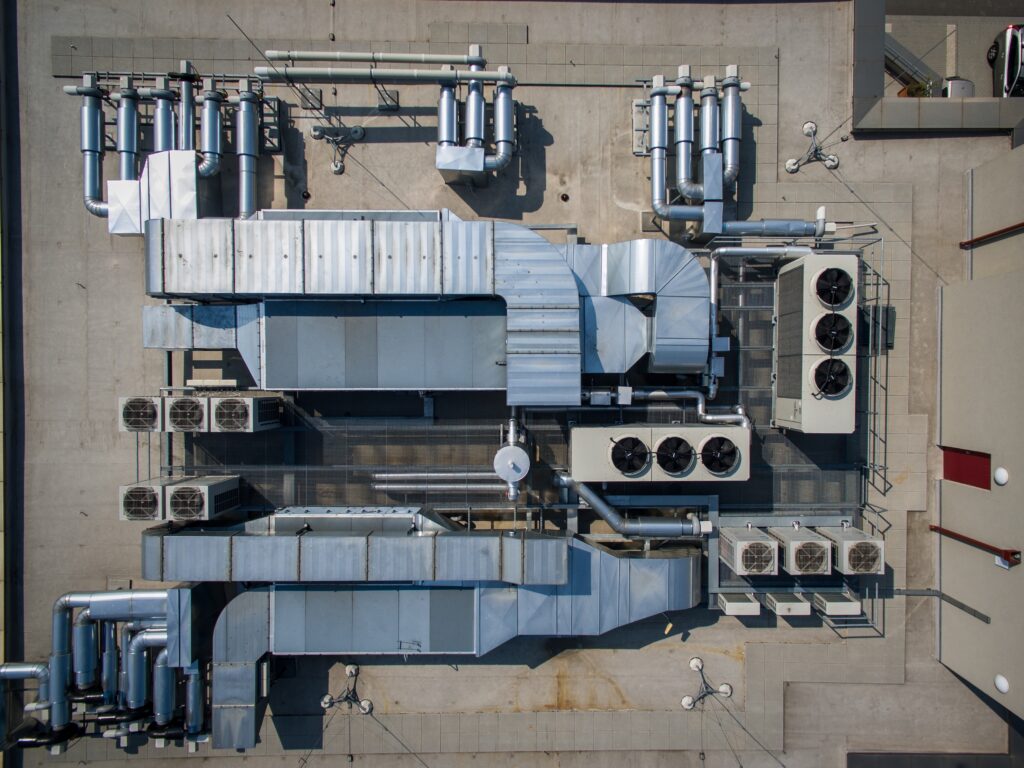
“Compact TES of the Future: from Challenges to Opportunities” Workshop at ICSET 2025
Join the Hystore project and the TES - Thermal Energy Storage Cluster at the workshop “Compact TES of the Future:…Read more
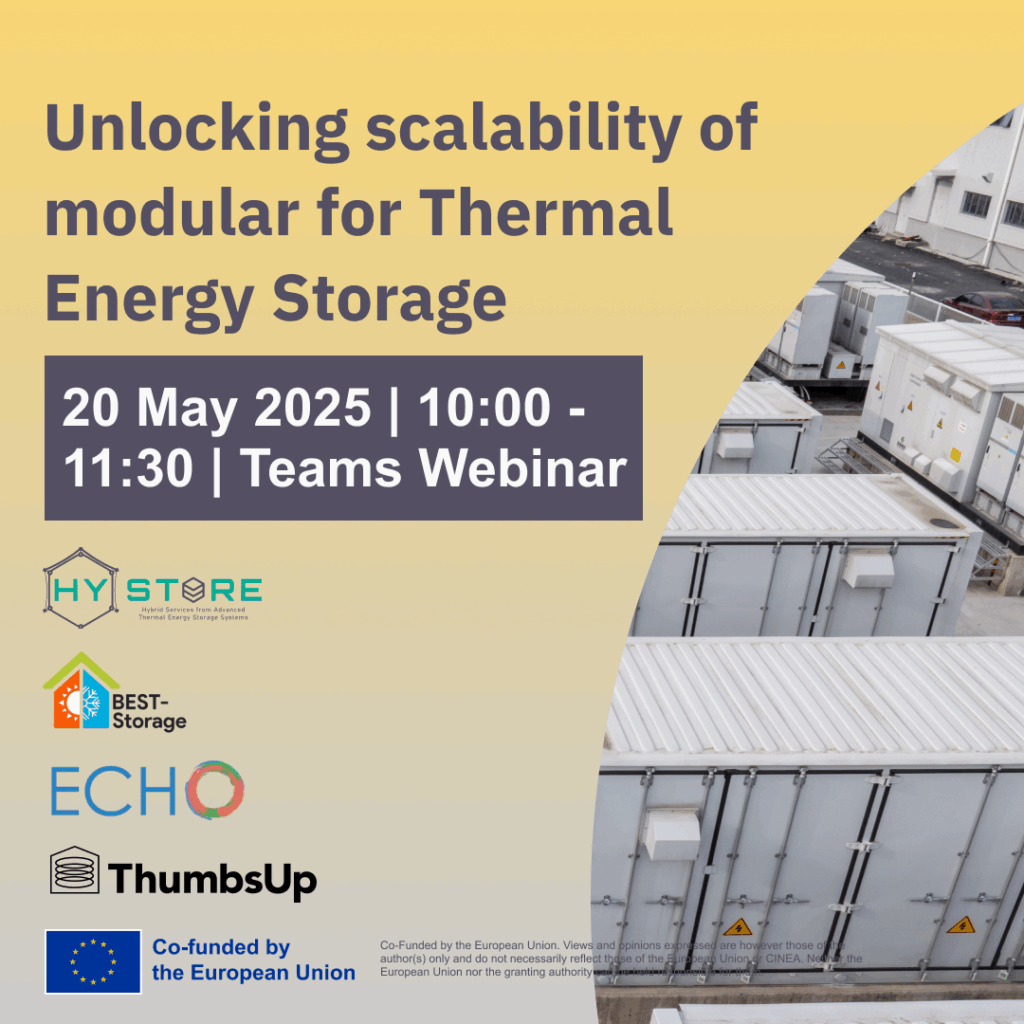
Unlocking scalability of modular for Thermal Energy Storage
Join Us for a Webinar on Unlocking the Scalability of Modular Thermal Energy Storage (TES) Tuesday, 20 May 2025 -…Read more
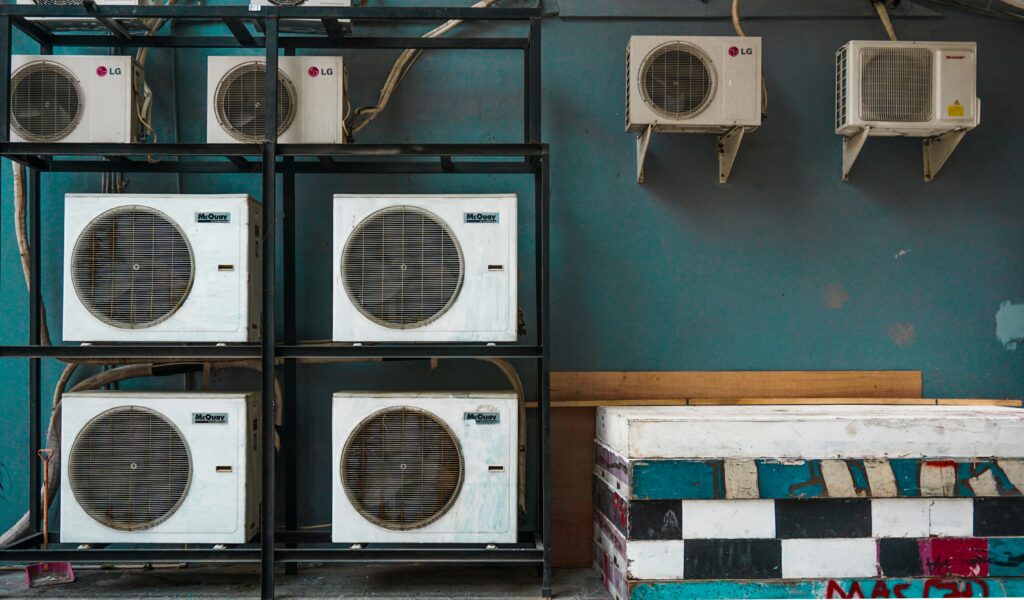
Advancing Heat Pump Efficiency with PCM Thermal Storage: Insights from the HYSTORE Project
"Model-based design and experimental analysis of a compact PCM thermal storage for integration in heat pump cycles" is the new…Read more
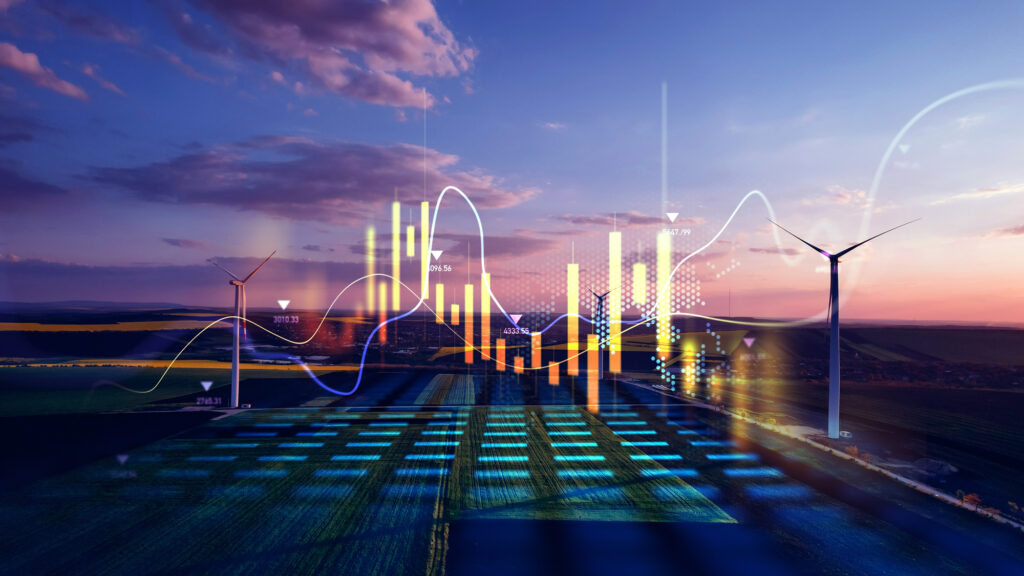
HYSTORE & CEN launching CEN Workshop “Thermal Energy Storage (TES) Systems”
A new CEN-CENELEC Workshop is being planned which will complement the activities of the EU Research project HYSTORE. This Workshop…Read more
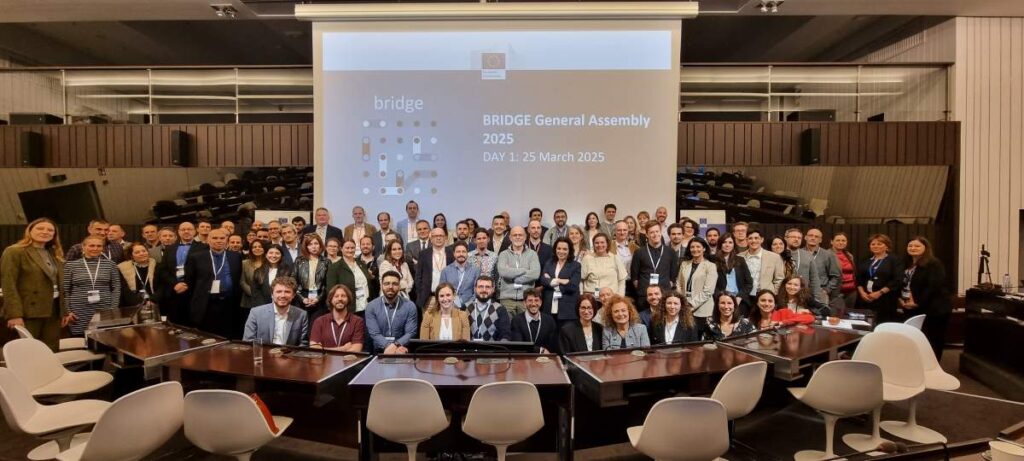
HYSTORE’s Engagement in BRIDGE Regulation Working Group
HYSTORE’s Engagement in BRIDGE Regulation Working Group The BRIDGE Regulation Working Group (WG) was established as part of the BRIDGE…Read more
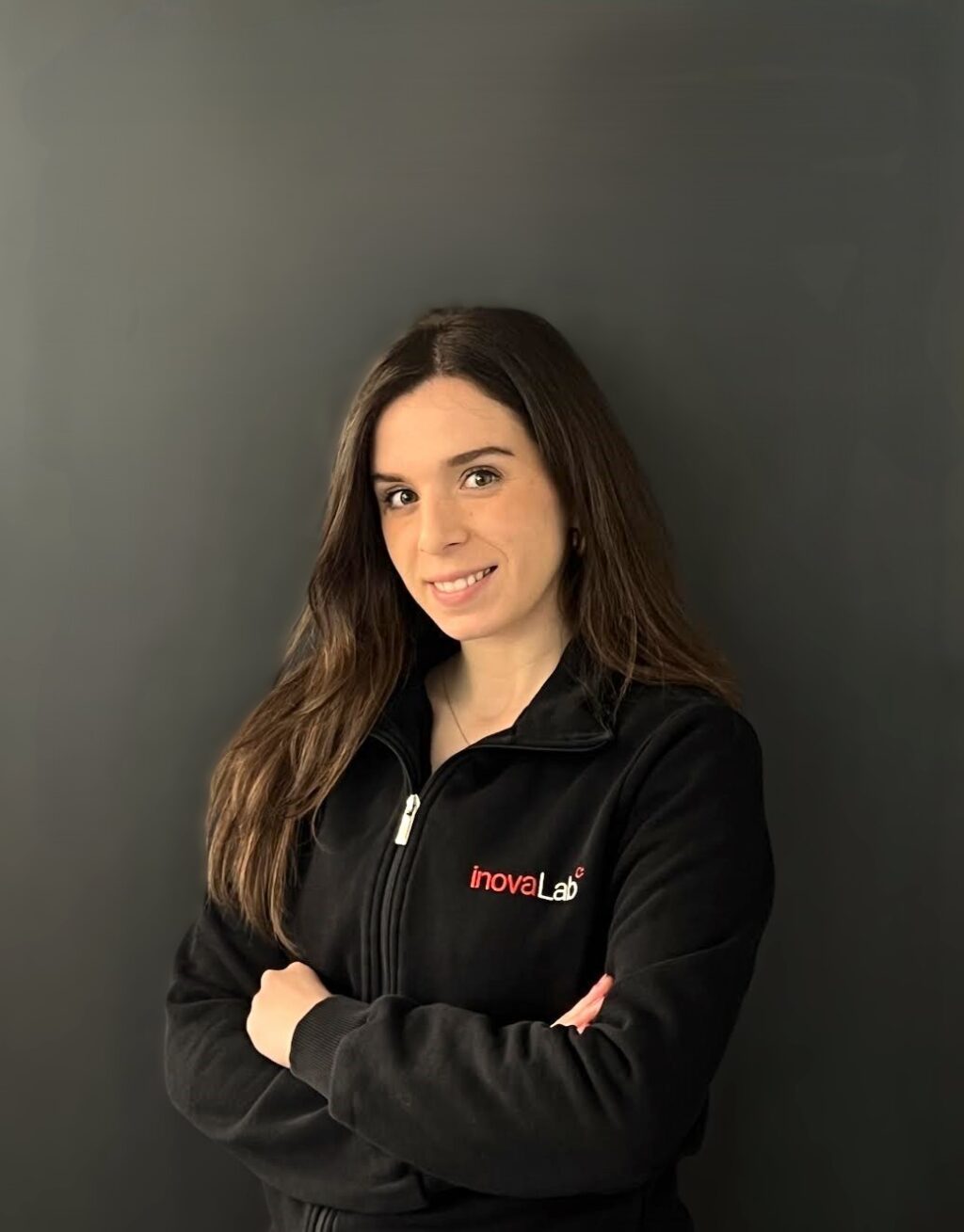
Harnessing Radiofrequency for Smarter Energy Storage: inovaLab’s Role in Hystore
Harnessing Radiofrequency for Smarter Energy Storage: inovaLab’s Role in Hystore As a key partner in the Hystore project, inovaLab is…Read more
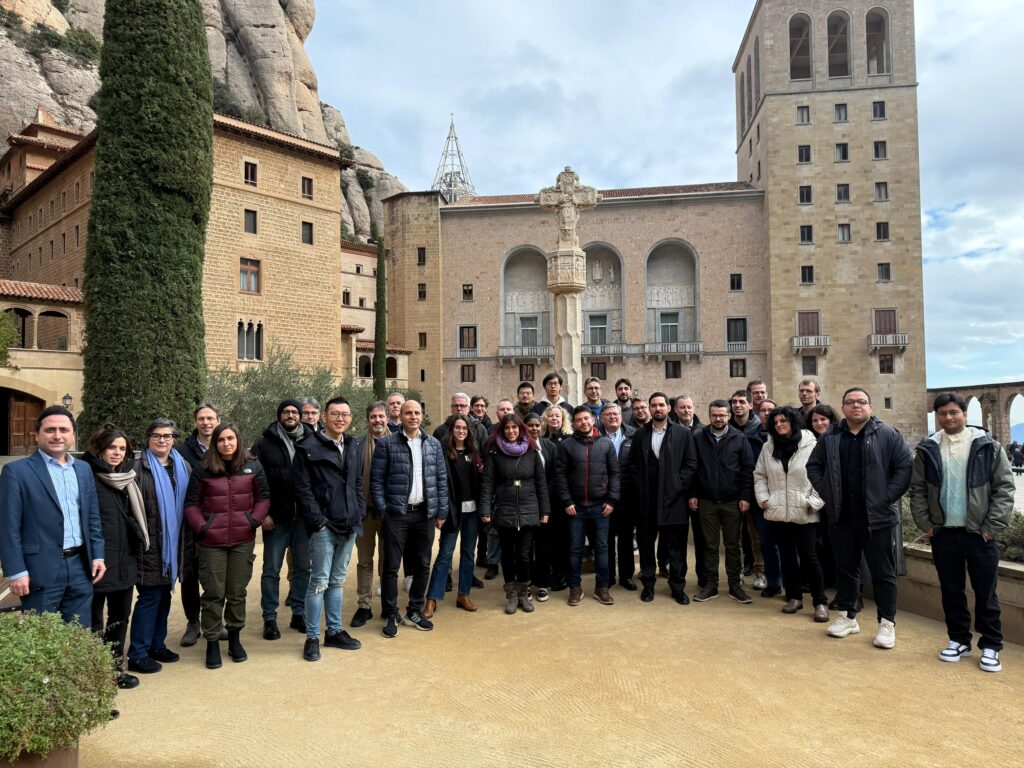
Unlocking the Future of Energy Storage: HYSTORE’s Vision for Thermal Energy Storage (TES)
The meeting of the HYSTORE in January in Montserrat (Spain) highlighted 3 key takeaways that emphasize TES’s role in grid…Read more
Subscribe for Upcoming Events
We are excited to share with you our upcoming news and events! Our team is working hard behind the scenes to bring you fresh content and exciting updates. Stay tuned for announcements on our latest projects, events, and other important news. We can’t wait to share everything with you, so be sure to check back soon for all the latest developments. Thank you for your interest and support!